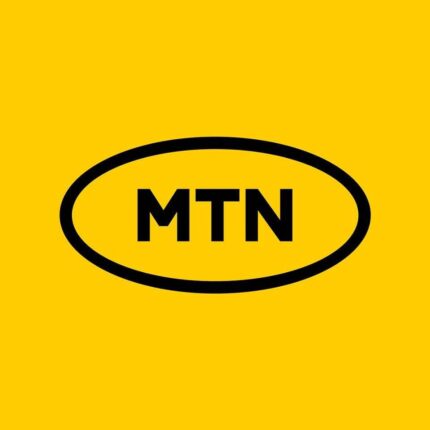Nigeria’s largest telecommunications operator, MTN, has commenced the gradual implementation of a 50% tariff hike approved by the Nigerian Communications Commission (NCC) in January. The increase, which primarily affects data plans, does not impact call and SMS rates at this time.
A senior MTN executive, who spoke on condition of anonymity, confirmed the development in a conversation with our correspondent on Tuesday. “Yes, we’ve started updating our price lists. However, this process is gradual, and we haven’t completed it for all products yet,” the source said.
The new pricing structure reflects substantial increases in the cost of various data bundles, with some of the most popular plans now significantly more expensive. This adjustment follows NCC’s decision to approve a tariff revision to address the rising costs of network maintenance and ensure the sustainability of the telecom sector.
New MTN Data Prices and Impact on Consumers
A review of MTN’s updated data prices on Tuesday revealed a sharp increase in the cost of several internet plans. The popular 1.5GB monthly plan, which previously cost ₦1,000, has been replaced by a 1.8GB plan now priced at ₦1,500. Similarly, the 15GB plan has increased from ₦4,500 to ₦6,500, while the 20GB plan has risen from ₦5,500 to ₦7,500.
For subscribers who rely on larger data bundles, the hike is even more pronounced. The 1.5 terabyte (TB) 90-day plan, which previously cost ₦150,000, is now ₦240,000, representing a ₦90,000 increase. Likewise, the 600GB 90-day plan, which was ₦75,000, has jumped to ₦120,000.
The sharp price hike is expected to impact millions of subscribers, particularly businesses and individuals who depend heavily on mobile data for work, education, and entertainment. Many users have already taken to social media to express frustration over the new pricing structure, calling for government intervention.
Regulatory Justification for Tariff Hike
The NCC announced the tariff adjustment on January 20, citing rising operational costs in the telecom sector. The Commission explained that the decision aligns with its regulatory mandate under Section 108 of the Nigerian Communications Act, 2003, which allows the regulator to approve price changes in the industry.
According to the NCC’s Director of Public Affairs, Reuben Muoka, the tariff increase was necessary to protect network investments and maintain service quality. “Telecom operators are facing increased expenses due to inflation, foreign exchange volatility, and infrastructure maintenance costs. This adjustment ensures the long-term sustainability of the sector,” Muoka stated.
The Commission also highlighted that the decision followed consultations with stakeholders, including telecom operators and government agencies. However, consumer groups argue that they were not adequately engaged in the process, raising concerns about the affordability of telecom services for the average Nigerian.
Subscribers and Consumer Rights Groups React
The National Association of Telecommunications Subscribers (NATCOMS) has strongly opposed the tariff hike, threatening legal action against the NCC’s approval of the price increase. The association argues that the 50% hike is excessive and should be reversed to a more reasonable 10% increase.
In a statement released on Tuesday, NATCOMS President, Chief Deolu Ogunbanjo, criticized the timing of the price adjustment, stating that it places an additional financial burden on Nigerians already struggling with rising costs of living. “This increase is unfair to millions of subscribers. We will take all necessary legal steps to challenge this decision and push for a reversal,” Ogunbanjo said.
Consumer advocacy groups have also called on the Federal Government to intervene and ensure that telecom services remain affordable. Many have pointed out that the high cost of data could worsen digital inequality, making internet access less accessible to low-income earners and students who rely on online resources for education.
What Lies Ahead After MTN price hike for Telecom Subscribers?
As MTN continues the gradual rollout of its new tariff structure, consumers are left with few options but to adjust their data usage or explore alternative providers. However, with other major telecom companies likely to follow MTN’s lead, the impact of the price hike could soon extend across the entire industry.
Telecom analysts suggest that unless the government introduces subsidies or incentives to ease operational costs for service providers, Nigerians should expect continued increases in telecom expenses. Meanwhile, industry watchers are closely monitoring the reaction from policymakers and consumer rights groups to determine whether any regulatory changes or price adjustments may follow.
For now, millions of MTN subscribers will have to navigate the new pricing landscape, balancing their data needs with the realities of higher costs in an already challenging economic environments
Table of Contents
Discover more from OGM News NG
Subscribe to get the latest posts sent to your email.














